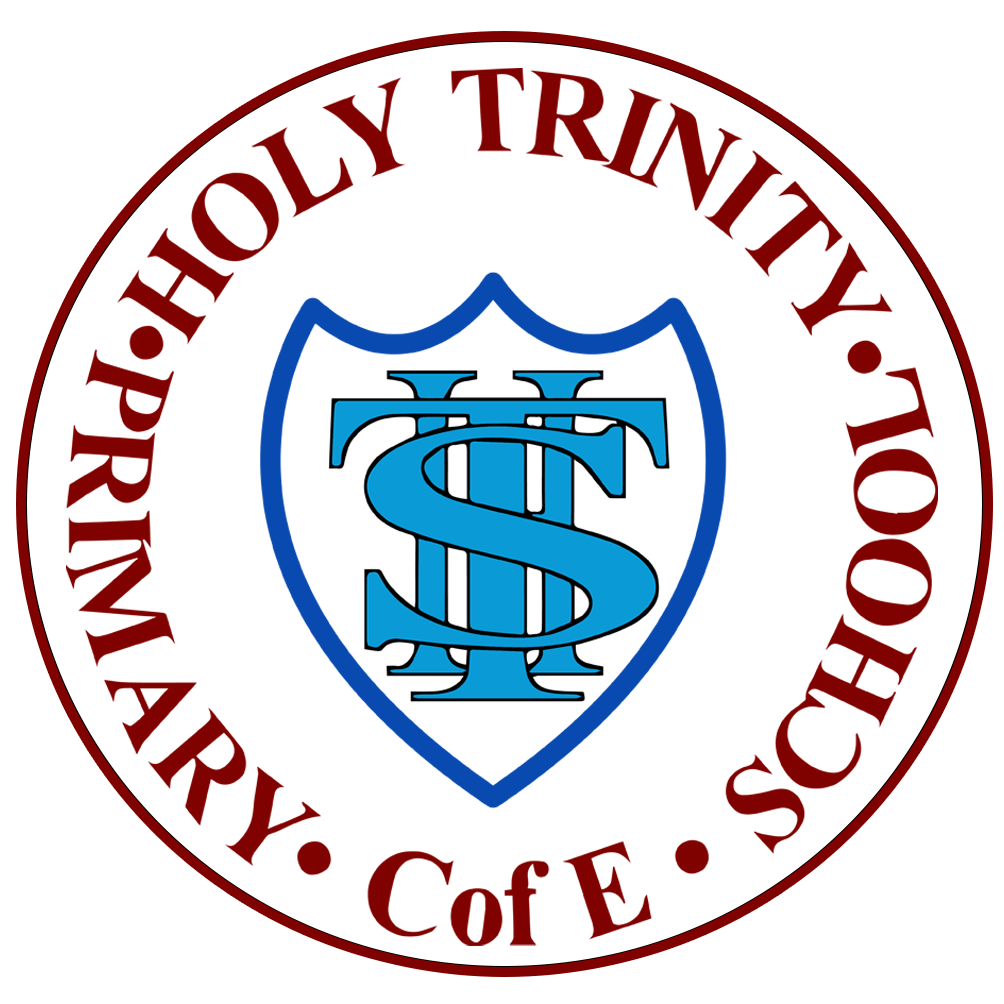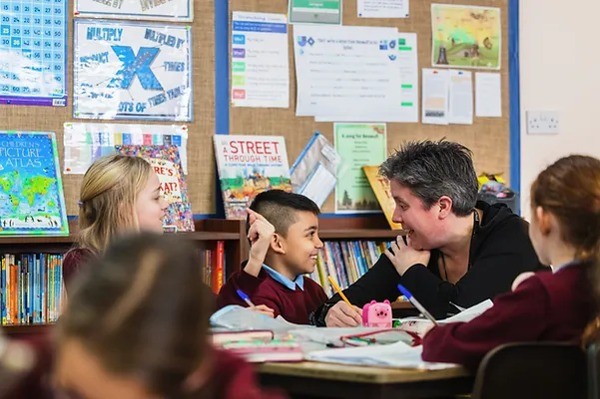What is a curriculum?
The curriculum is the substance of what is taught. It is the specific plan of what learners need to know and should be able to do. The curriculum shapes and determines what learners of all ages will get out of their educational experience.
The curriculum is a framework for setting out the aims of a programme of education, including the knowledge and skills pupils will gain at each stage (Intent); for translating that framework over time into a structure and narrative, within an institutional context (Implementation) and for evaluating what knowledge and understanding pupils have gained against expectations (Impact).
Ofsted, 2018
Our curriculum at Holy Trinity
We are currently in the process of reviewing and redesigning our curriculum offer at Holy Trinity Church of England Primary School. The information provided below will evolve throughout this process. We will endeavour to keep our school community updated throughout this journey.
Should you require more information about the curriculum here at Holy Trinity, then please contact Mr. Kurt Doyle who is our Curriculum Lead. He can be contacted by emailing head@holytrinity.gloucs.sch.uk or by calling 01242 515 778.
Curriculum Vision
At Holy Trinity Church of England Primary School, our vision is to provide a carefully considered, designed and sequenced curriculum so that we are able to offer an education which is:
- broad and balanced in its coverage
- relevant to our children locally, nationally and internationally
- brings to life the spiritual ethos of our school
- exposes our children to the very best which has been thought of, said and done
- exposes our children to the impact of significant events and people, both good and bad
- prepares our children for the world of tomorrow
Our vision is to provide a knowledge rich curriculum which identifies the big ideas, key concepts and powerful knowledge and uncovers this in a clear and progressive way. We aim to build knowledge systematically and review and revisit this learning often.
Literacy and language is crucial. It underpins our whole approach to learning. We consider Reading to be one of the primary vehicles for acquiring knowledge. It is central to all of the work we do here at Holy Trinity. We are passionate in our belief that great literature exposes children to stories, places, facts and people which each add value to their understanding of the world.
Our aspiration is that our curriculum, approach to teaching and learning, and the wider and cultural experiences provided, will ensure that all of our children will be inspired learners, will be well-equipped to add value to society, and to be positive and caring citizens in the modern world.
Curriculum Intent
At Holy Trinity, we follow the National Curriculum which sets out the subjects and standards for Primary schools. The National Curriculum provides pupils with an introduction to the essential knowledge that they need to be educated citizens. It introduces them to ‘the best that has been thought and said;’ and helps engender an appreciation of human creativity and achievement. In Reception, we follow the Early Years Foundation Stage (statutory framework) underpinned by Development Matters (2021).
The Curriculum at Holy Trinity is carefully planned and sequenced so that new knowledge and skills are built upon what has been taught before, with clear end points identified. The curriculum is broad, balanced and ambitious for ALL of our pupils.
At the very heart of the curriculum design is reading. Reading is at the centre and front of the curriculum and underpins learning in all areas of our curriculum offer at Holy Trinity.
‘The more that you read, the more things you will know. The more that you learn, the more places you’ll go.’ Dr Seuss
Curriculum Implementation
The curriculum is currently taught through a themed approach to learning which is being reviewed to ensure that the key components are clearly identified, so that the most useful content is taught. The curriculum will ensure that pupils transfer key knowledge to long term memory and that learning builds upon knowledge and skills. Teachers will use assessment effectively to ensure that it informs what to teach next so that learning ‘sticks’ and pupils develop understanding that connects new knowledge with what they already know. Fluency in mathematics, reading and writing are being built into the curriculum with regular opportunities to revisit learning which will ensure that children’s working memory is not overloaded and knowledge is deepened as a result.
Curriculum Impact
Regular and rigorous reviews by school leaders (including subject leaders and governors) evaluates what has been learned and retained in the long-term memory by the pupils at Holy Trinity Church of England Primary School. We are ambitious for ALL pupils, including SEND and disadvantaged, so that all learning builds towards an endpoint and our pupils are ready for the next stage in their education.
Curriculum Map Overview
For a detailed year group curriculum overview please click the relevant link below:

